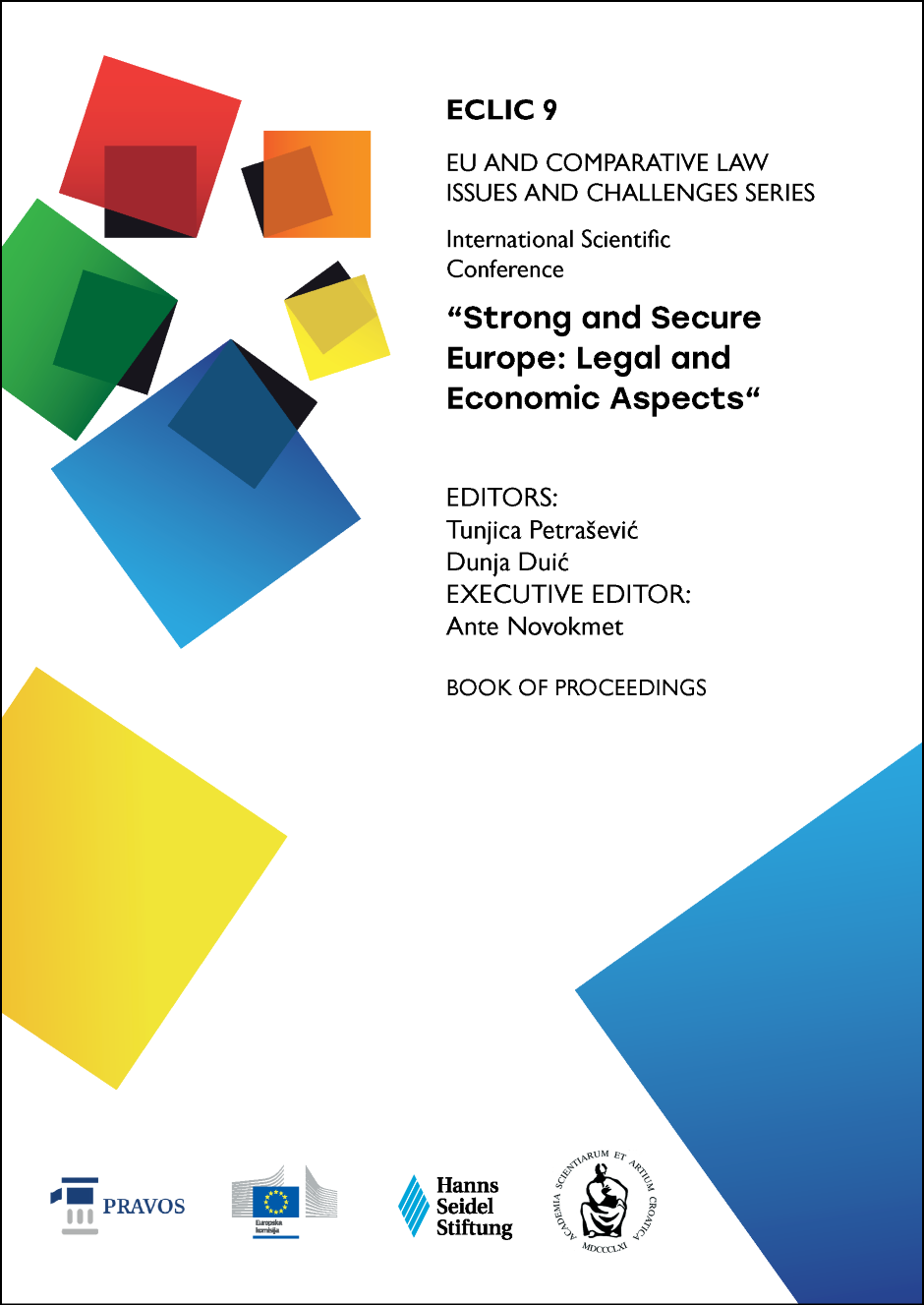DESIGNING EUROPEAN “POLICIES FIT FOR THE FUTURE”
HOW ABOUT REVIVING THE IDEA OF A EUROPEAN FOREIGN MINISTER?
DOI:
https://doi.org/10.25234/eclic/38093Abstract
On December 19, 2024, the European Council adopted a highly significant document, which represents a strengthened reflection of traditional visionary tendencies of the European project. In its Conclusions, this body reminded that European Union has a continuing obligation to reinforce its global engagement. These official remarks should probably be taken seriously, because they seem to be entirely in line with the European Union’s Strategic Agenda for 2024-2029, adopted earlier in 2024. The Agenda calls for “ensuring coherent and influential external action” of the European Union, reminding at the same time that its institutional structures are ripe for “the necessary internal reforms”. Re-imagining the European foreign policy can be based, at least partially, on thinking over an idea of creating the post of the European Minister for Foreign Affairs. In this paper, the patterns for reforming the European foreign policy institutional structure and normative framework are explored. After the introductory part, crucial explanations why the Union’s foreign policy is in dire need to be reformed are summed up. In the following section of the paper, some of the weaknesses of the existing foundations of the European diplomacy, personalized by the partly anachronistic office of the High Representative for Foreign Affairs and Security Policy, are exposed. The fourth part is dedicated to exploring potential roles of a unique European foreign minister in creating a more coherent European foreign policy, including the predictable challenges that might stand in the way of reviewing the existing European political and legal framework in this regard. The paper ends with conclusions that, in the field of its foreign affairs, the European Union may and should be rearranged to develop into a coherent entity representing more than just a sum of its parts.
Downloads
Published
Issue
Section
License
Copyright (c) 2025 Vladimir Mikić

This work is licensed under a Creative Commons Attribution-NonCommercial 4.0 International License.
Authors retain the copyright on the papers published in the Journal, but grant the right of first publication to the Journal. Papers accepted for publication or already published in ECLIC of the Faculty of Law in Osijek may be published by the author(s) in other publications only with proper notice of its previous publication in ECLIC.


